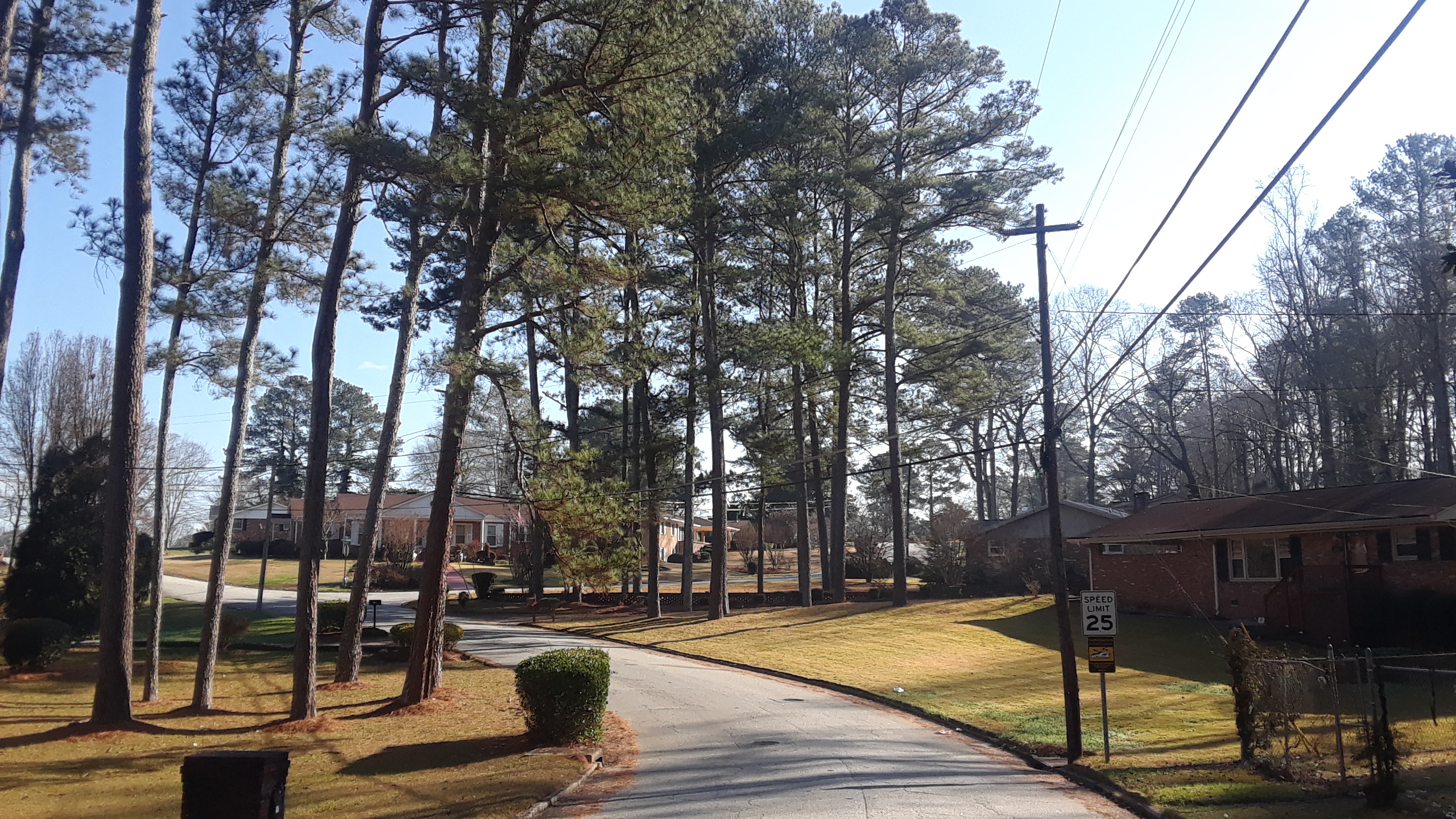City Puts Forward Proposal For New Street Vending Ordinance

Atlanta Vendors Association

After months of legal battles, Atlanta Mayor Kasim Reed has introduced a proposal for a new public street vending ordinance, which could be in place as early as next week.
The proposal, which the mayor promised to introduce by year’s end, regulates what vendors can sell, what their carts can look like and where they can hawk their wares.As heard on the radio
Deputy Chief Operating Officer Hans Utz says the city worked with vendors on the proposal and looked at policies in other cities, like New York City, Los Angeles, Portland and Charlotte, when drafting it. Utz says the new plan simplifies the application and enforcement process while also leveling the field between brick-and-mortar stores and street vendors, at a lower cost to the vendors.
“The changes that we’ve made in the program should straighten all of that out, as well as move away from that unhygienic swap-meet aesthetic that we were suffering under previously,” Utz said.
Under the proposal, vendors could sell at 31 spots downtown – 19 permanent, city-owned kiosks and 12 other designated locations – with about 50 more potential spots to come starting next year. MARTA stations, particularly the Five Points stop, and Turner Field, however, would be off limits, the city says vendors could apply for private vending permits to sell at the latter.
“It’s like taking my business up out of the middle of downtown and kicking me out at a fishing hole and leaving me to try to make the same money,” says Larry Miller, president of the Atlanta Vendors Association, who used to set up his stands around Turner Field.
The proposal also bans tables, tents and other “semi-permanent or permanent structures” other than the 19 kiosks; only mobile carts would be allowed. That’s a point Miller also takes issue with, because he says it will limit how much merchandise he can cart around and sell, cutting into his profits.
“It’s kind of hard to take a position that it’s a good thing when the administration themselves put us out of business, and not even taking under consideration all the hardship they have put on these vendors,” Miller says. “And now they want us to hug them and tell them thank you for an ordinance that does not include all of us.”
Vendors have been out of work March, when they were cleared out while the city crafted a new plan after the standing ordinance, which was established under former-Mayor Shirley Franklin, was found unconstitutional. That’s despite orders from a Fulton County judge to issue permits under the prior ordinance.
The city is currently appealing that order with the Georgia Supreme Court.
Utz says the city plans to move forward with the appeal, but hopes the new proposal can solve the ongoing legal dispute.
“What we’re hoping to demonstrate with all of the work that’s gone into this proposal historically, as well as our hope that the vendors will continue to work with us going forward, is that frankly it will render all of that moot,” Utz said.
The proposal was introduced and passed Tuesday at a committee meeting – and now head’s to Monday’s city council meeting for a full vote.
9(MDAxODM0MDY4MDEyMTY4NDA3MzI3YjkzMw004))








